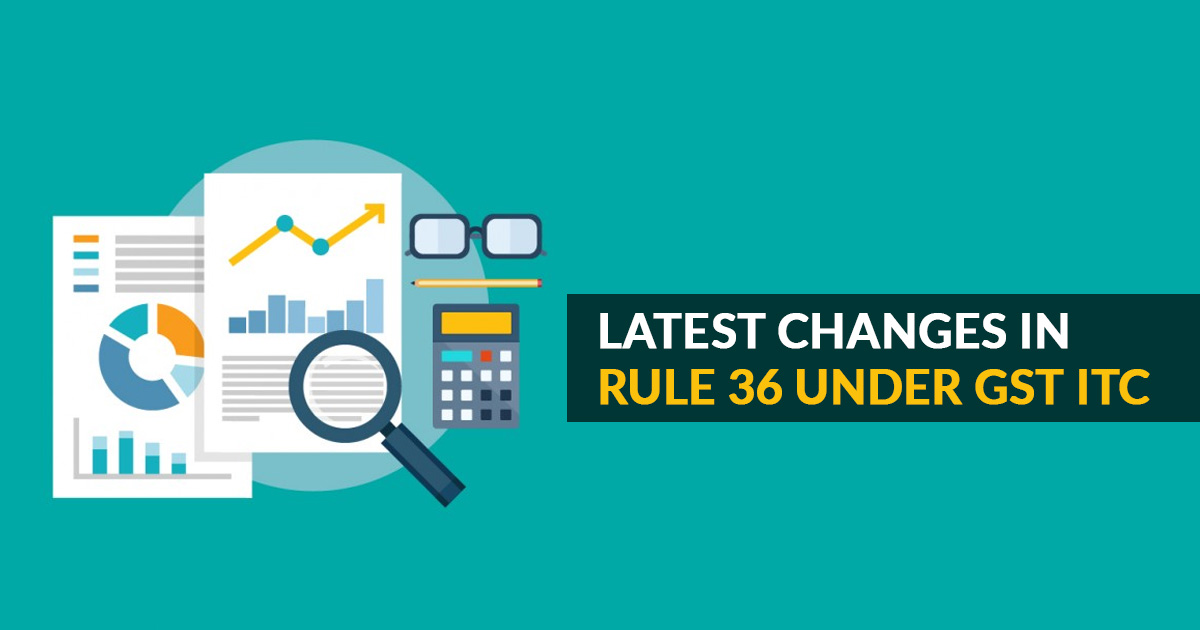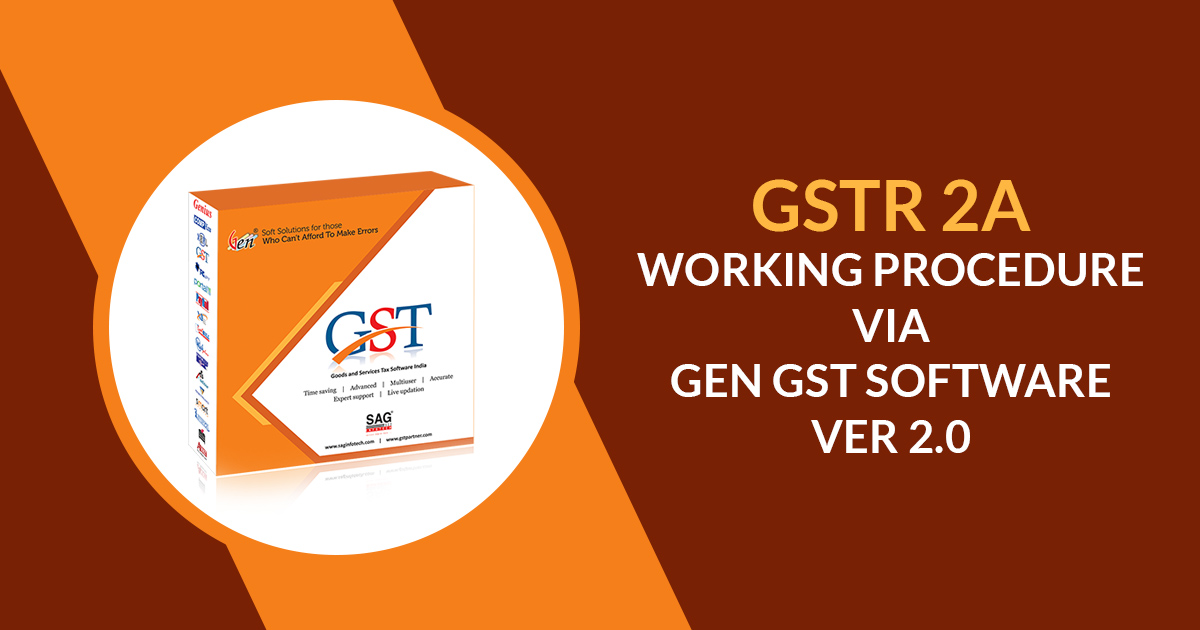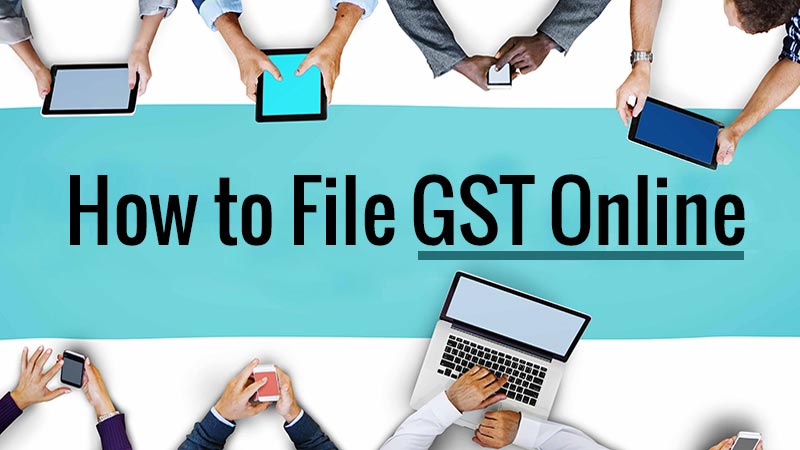A recent amendment to the Goods & Services Tax Rule 36, which is expected to help curb fake invoicing, has raised a storm of complaints from taxpayers across social media, who believe that the amendment will reduce the amount of Input Tax Credit 

The Central Board of Indirect Taxes and Customs, on the recommendations of the GST Council, had released a notification (94/202-Central Tax) on December 22, making a number of crucial amendments to the Central Goods and Service Tax Rules, 2017. The said amendments caused a disruption in the business community, which is worried that the amendment is not in the favor of all.
The two major changes that are mainly bothering businessmen are:
- Amendment to Rule 36(40) that reduces ITC from 10 per cent to 5 percent
- Rule 86B that makes it compulsory for businesses with a turnover of more than Rs 50 lakh to pay at least 1% of their GST in cash.
What is Rule 36 (4)?
Rule 36 consists of three parts, of which the first two (Pact A & Part B) talk about the form and the furnishing process while the third part (C) says “for the figure and words 10 per cent, the figure and words 5 per cent shall be substituted.”
As it’s easy to understand, the part C means to say that the ITC claim-ability, which was 10 per cent earlier will now be 5 per cent.
Input Tax Credit, or ITC, refers to the credit that businesses can claim against the tax they have paid on purchase of goods and/or services from the tax they will have to pay for the sales. Earlier the maximum limit of ITC a businessman could claim was 10 per cent.
According to Rule 36(4), the maximum claimable Input Tax Credit (ITC) is now 5 per cent, effective from January 1.
Businesses can, however, still claim ITC under the current rules before the year ends, only if invoices are ‘uploaded by their suppliers and the same are reflected in buyers’ GSTR-2A form 
A number of businessmen took to Twitter to show their disappointment with the new GST amendments. A tweet says, “Rule 36(4), reducing input claims limit 10 to 5%, is this really ease of doing business? Daily changes by the GST department are making life difficult for taxpayers!”
New Rule 86B – Introduced along with the amendments says that businesses with a monthly turnover of Rs 50 lakh or more will have to pay at least one per cent of their monthly GST liability in cash. This aims to reduce the number of tax evasion incidents where businessmen were using fake invoices to offset their GST liability against ITC.
Rule 36(4), which is supposed to help curb tax evasion by limiting the maximum ITC a business can claim is getting a lot of heat from the business community. “The Input tax credit is given on the basis of our suppliers filing their returns 
It will not help honest taxpayers in the long term, as there could be instances where suppliers could not upload invoices due to technical issues, he said.










only one solution to the problem. The government should make it mandatory for every registered person under GST, making B2B supplied or services to issue online Invoices, which should be reflecting on the GSTN portal on a real-time basis. Necessary software for the same is required to be provided by the Government.
The Portal introduced E-invoice for that but it is applicable for taxpayers having Turnover more than 100 crores